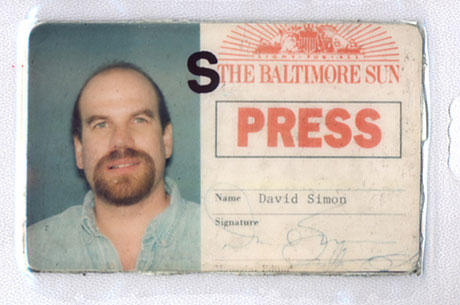“What the drugs themselves have not destroyed, the warfare against them has. And what once began, perhaps, as a battle against dangerous substances long ago transformed itself into a venal war on our underclass. Since declaring war on drugs nearly 40 years ago, we’ve been demonizing our most desperate citizens, isolating and incarcerating them and otherwise denying them a role in the American collective. All to no purpose. The prison population doubles and doubles again; the drugs remain.”
On the eve of the final episode, the writers of The Wire — Simon, Burns, Lehane, Pelecanos, and Price — argue in favor of jury nullification as an act of civil disobedience against America’s failed drug war. “If some few episodes of a television entertainment have caused others to reflect on the war zones we have created in our cities and the human beings stranded there, we ask that those people might also consider their conscience. And when the lawyers or the judge or your fellow jurors seek explanation, think for a moment on Bubbles or Bodie or Wallace. And remember that the lives being held in the balance aren’t fictional.“



